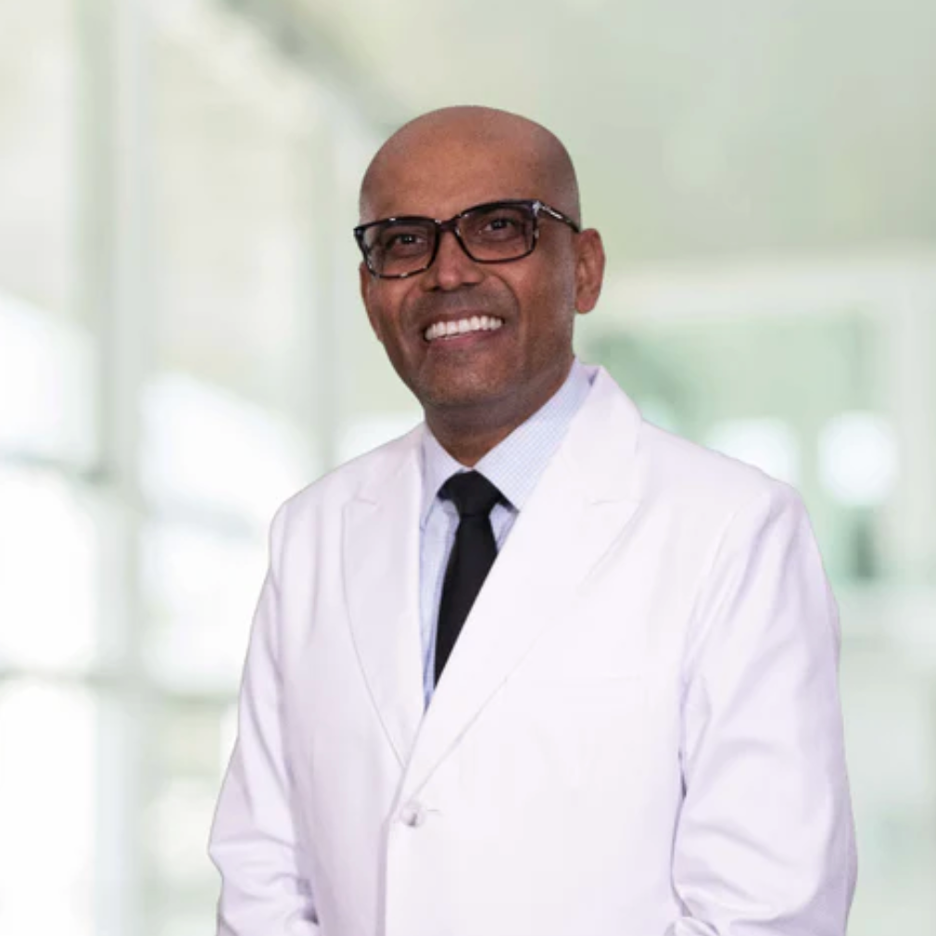Unlocking Longevity Through Cellular Health, With Nayan Patel, Pharm.D.
Cellular health determines how well — and how long — we live, says Nayan Patel, Pharm.D., who shares why glutathione plays a central role.
By
Lana Pine
| Published on October 3, 2025
5 min read
Nayan Patel, PharmD
Credit: Auro Wellness

What does it mean to age well — not just on the outside, but deep within our cells? Nayan Patel, Pharm.D., founder of Auro Wellness and author of The Glutathione Revolution, believes the key lies in understanding and supporting cellular health. In an interview with The Educated Patient, Patel explains how glutathione — the body’s “master antioxidant” — defends cells from oxidative stress, why stress and poor sleep accelerate aging, and the simple daily habits that can help people sustain energy, resilience and longevity.
Many people hear the term “cellular health” but may not understand what it really means. Can you explain how the health of our cells affects how well — and how long — we live?
Nayan Patel, Pharm.D.: Cellular health refers to how well our cells perform their essential tasks, such as producing energy, repairing DNA and communicating with one another. When cells function optimally, organs and tissues remain resilient, and this translates into better overall health and longevity. Conversely, when oxidative stress and inflammation overwhelm cells, damage accumulates and accelerates the aging process. This is where glutathione plays a central role, acting as a fundamental cellular defender that neutralizes free radicals, supports detoxification and sustains mitochondrial health.
You’ve researched extensively about glutathione. Why is it so important for both internal health and visible signs of aging, and how can people support healthy levels of it?
NP: Glutathione is often called the body’s “master antioxidant.” It protects against oxidative damage, supports detoxification and maintains redox balance inside cells. Low glutathione levels are associated with immune decline, fatigue and accelerated skin aging. Supporting healthy levels can be done through diet, lifestyle and advanced support delivery systems. In a recently published study where a glutathione-cyclodextrin complex was used, researchers observed measurable increases in blood glutathione and improved immune cell activity, highlighting a novel way to restore levels directly through the skin.
If someone wanted to start small, what are one or two daily habits they could adopt right now that would make the biggest difference for their long-term health and energy?
NP: Following a detox-boosting diet, as described in The Glutathione Revolution, provides a strong foundation for promoting long-term health and sustained energy. This includes eating plenty of colorful vegetables, high-quality proteins and antioxidant-rich foods to strengthen cellular defenses. Additionally, after the age of 30, natural glutathione production declines, making supplementation important to support detoxification against the toxins we encounter every day. Together, these practices regulate oxidative stress, maintain mitochondrial health and help sustain long-term energy and resilience.
Stress and poor sleep are often overlooked when it comes to aging. Can you share how they impact longevity and what practical steps people can take to improve them?
NP: Chronic stress elevates cortisol, which impairs immunity and accelerates cellular wear. Poor sleep disrupts antioxidant defenses, reducing glutathione and leaving tissues vulnerable to oxidative damage. Practical steps include setting consistent sleep schedules, limiting evening light exposure (including blue light from electronic devices) and using stress-reduction practices such as meditation or breathwork.
How do diet and physical activity specifically influence aging at the cellular level, and are there any foods or exercise types you recommend for promoting longevity?
NP: Both diet and exercise play a central role in regulating inflammation, maintaining redox balance and strengthening mitochondrial resilience. Nutrient-dense foods, such as colorful vegetables, high-quality proteins and polyphenol-rich plants, help build the body’s antioxidant capacity. At the same time, regular moderate exercise stimulates mitochondrial biogenesis and improves insulin sensitivity, protecting cells from age-related decline.
If you look 10 years into the future, what breakthroughs in longevity science or medicine are you most excited about?
NP: Looking ahead, I see enormous potential in personalized longevity medicine. Advances in areas such as epigenetic reprogramming, microbiome-targeted therapies and AI-driven health monitoring may allow us to tailor interventions to each individual’s biology. The goal is not only to slow the biological clock but to fine-tune health strategies so people can remain active, resilient and vibrant well into later life.

